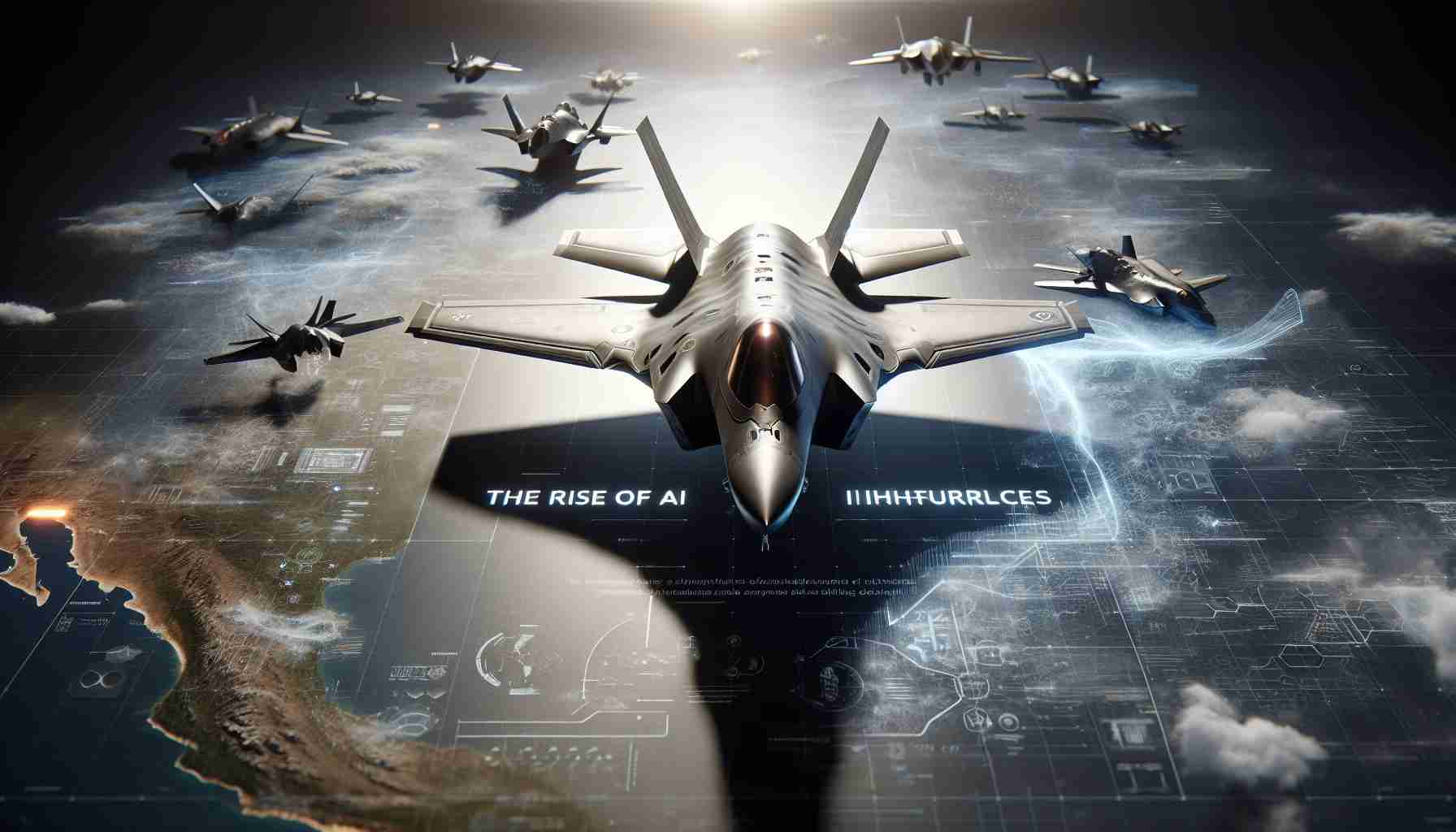Excitement is brewing at Vandenberg Space Force Base as SpaceX gears up for yet another thrilling Falcon 9 rocket launch on Saturday morning. The spacecraft is scheduled for liftoff during a designated four-hour window, which begins at 12:10 AM local time.
The mission will deliver a highly classified payload, specifically a spy satellite for the National Reconnaissance Office (NROL), underscoring the critical role of advanced space technology in national security. This launch marks a significant milestone, as it will be the inaugural mission for this particular Falcon 9 rocket’s first stage.
After the rocket completes its ascent and the payload is deployed, the first stage will embark on its journey back to Earth. It is set to land on a drone ship stationed off the coast of Southern California, highlighting SpaceX’s commitment to reusability and efficiency in space exploration.
Meanwhile, in a separate operation on the East Coast, SpaceX is set to deploy approximately two dozen Starlink satellites from Cape Canaveral, further expanding its constellation of internet-beaming satellites. This dual launch activity places SpaceX at the forefront of the aerospace industry this weekend, showcasing their capacity and ambition in providing cutting-edge space solutions.
Secrets in the Sky: The Hidden Impact of SpaceX’s Satellite Launches
The world of space exploration and satellite technologies is not only about rockets and payloads; it resonates deeply within various sectors, influencing the daily lives of individuals, communities, and nations. The growing reliance on satellites for surveillance, communication, and internet access has transformed opportunities and sparked controversy globally.
One critical aspect of satellite technology is its role in national security. The deployment of spy satellites, as seen with the recent Falcon 9 launch, emphasizes the geopolitical significance of space-based intelligence. Nations are increasingly reliant on such technologies for surveillance and reconnaissance, which can enhance security but also create tensions. How do these advancements affect international relations?
For instance, countries may find themselves in arms races to develop or acquire similar technologies, potentially escalating conflicts. Conversely, enhanced surveillance capabilities can deter aggression, fostering a climate of caution among nations. This dichotomy raises questions: Is increased security worth the risk of heightening global tensions?
In terms of connectivity, the Starlink constellation deployment represents a transformative shift in global internet access, especially in underserved regions. While SpaceX’s initiatives aim to bridge the digital divide, the reality is nuanced. On one hand, improved internet access can empower communities through enhanced educational resources and economic opportunities. On the other hand, the monopolization of satellite internet by corporations could lead to high costs, data privacy concerns, and unequal service quality.
Interestingly, the ecosystem created by these launches has fostered innovation and competition in the aerospace industry. Companies are racing to develop new technologies, leading to advancements in materials, propulsion systems, and reusable launch vehicles. However, this rapid development can sometimes overlook regulatory frameworks, raising concerns about space debris and the long-term sustainability of space activities.
Moreover, the public’s fascination with space launches can lead to a surge in local economies around launch sites. Businesses in areas such as hospitality and tourism benefit significantly from the influx of spectators and media coverage. Yet, this can also result in environmental degradation and community displacement as developments expand to accommodate increased traffic and infrastructure.
What about the ethical implications? The deployment of spy satellites often raises issues of privacy and civil liberties. Surveillance capabilities can infringe upon the rights of citizens, and this tension between security and privacy is a debate that permeates discussions around governmental power.
In conclusion, while the advances in satellite technology and space exploration present significant opportunities for society, they also pose complex challenges that need thoughtful consideration. As we move forward, how will we balance innovation with ethical practices, and security with privacy? Will nations cooperate or compete in leveraging these technologies? Only time will reveal the answers.
For more insights into the world of space exploration and technology, visit Nasa and stay informed about the ongoing developments.












